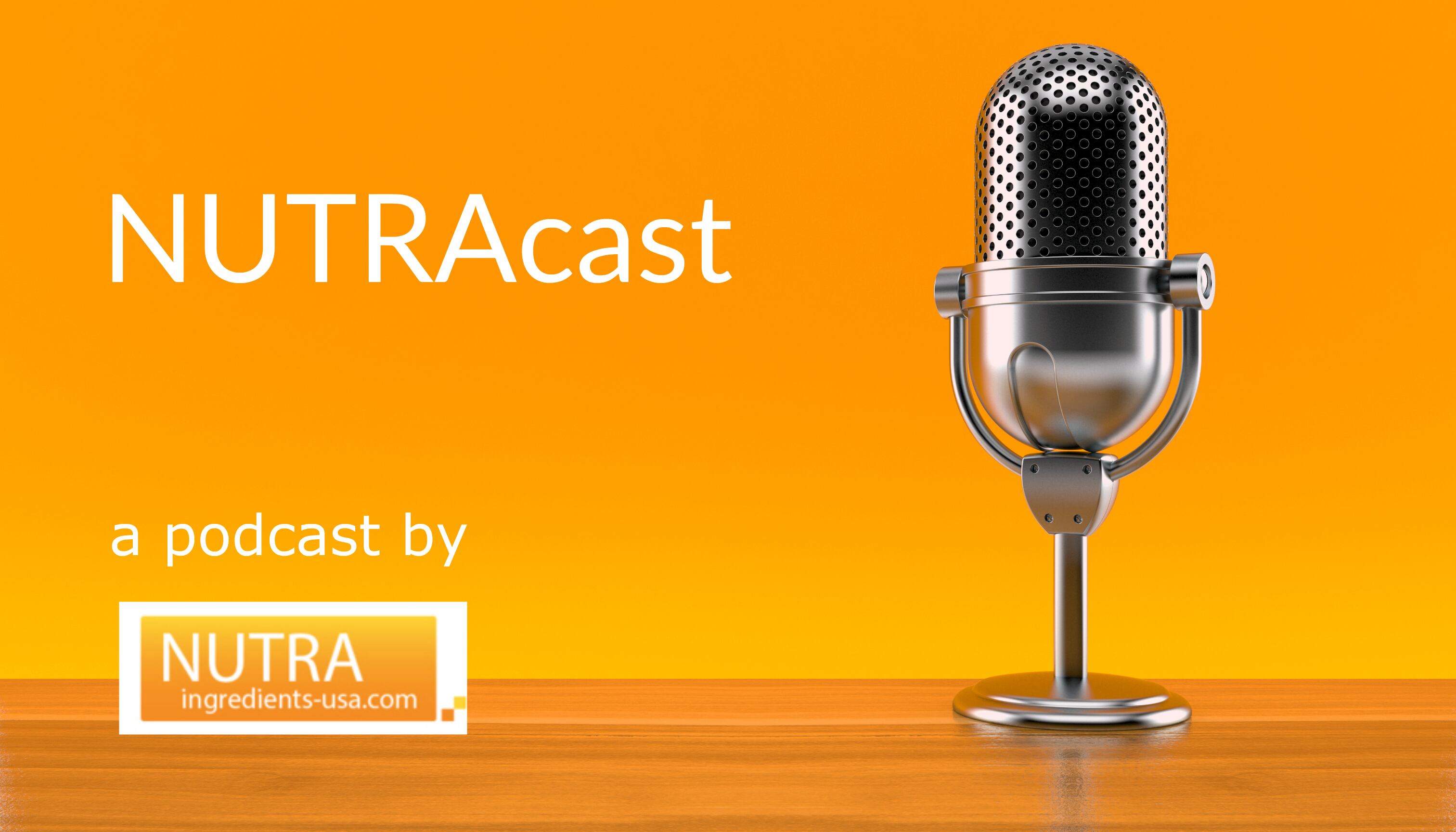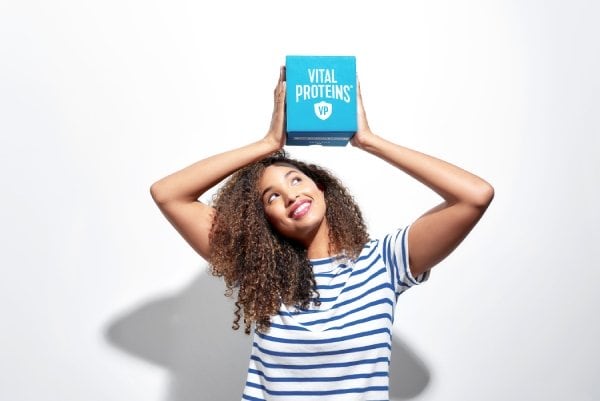German pharmaceutical company Bayer AG has agreed to buy a majority stake in New York based online personalized vitamin and supplement startup Care/of. The move compliments Bayer's existing supplement portfolio, which includes brands like Elevit (prenatal vitamins), One A Day, Berocca, and Supradyn (general wellbeing formulations), and Redoxon (immune support).
According to Bloomberg, Bayer will acquire 70% of the business in a transaction worth $225 million, with the option to buy the rest by 2022.
Getting personal
“What's interesting to me about a deal like this is it just validates the importance of the personalization trend,” observed Marc Brush, founder of Bend LLC, a consultancy firm to food and supplement industries. “It's just another example of another flag in the sand saying that this thing is here to stay.”
Indeed, Bayer follows the playbook of brands like Nestlé Health Science who acquired Persona, formally Vitamin Packs, last year. Persona will operate under Nestlé's Atrium Professional Brands business.
With more health-conscious consumers demanding natural approaches to wellness, a growing number of pharmaceutical companies like Bayer are seeking a slice of the nutraceutical pie.
This year alone, online vitamin and supplement sales in the US market is worth over $18 billion, according to data from the market research firm IBISWorld. Estimates predict the personalized nutrition market will reach upwards of $11.5 billion by 2025.
In 2018, Care/of was valued at $156 million after raising funds from investors like Goldman Sachs’ venture capital unit.
Capturing a share of the growing market
“We believe this model and product type has the ability to expand into traditional retail channels as we aim to reach new consumers,” Bayer spokesperson Dan Childs said in a statement. “Together we plan to grow the Care/of business across new channels, new categories and new markets to deliver even more personalized nutrition.”
“The obvious reason to do that is to scale it up real quick real fast, and if you're Bayer, you have the ability to get it inside lots of doors real quick,” explained Brush. “So if you're Bayer, you're probably looking at it as a validated concept -- like their approach to this works. We like it. Let's just blow it up and make it real big and to do that you would need to get to retail of course, but I don't think that's the secret sauce. I don't think that's why you buy that company. It's how you grow it, presuming we all go out and shop again.”
Brush said the focus should not be wide-scale retail strategies, but rather on high value touch-points like cracking the code on personalization and e-commerce.
“If they wanted to sell Care/of supplements on the shelf in retail stores and I'm not saying they do, but if that's the ultimate goal, that's not going to be very personalized. It's going to have to be some sort of broader condition-specific or some sort of cut on just a general health proposition that you can actually package to scale and stick on the shelf,” noted Brush.
COVID’s impact on M&A transactions
“The pandemic is going to make of all kinds of things hard — certainly among them is m&a activity. Some deals are falling apart. A lot of them have stretched out and taken much longer than they typically would. It’s already a long laborious process inside a big company to get all the proper stakeholders to buy into it. You’ve got to go meet the people and check out their factories and when you can't do that, you're talking about drones inside factories, a lot of adaptation inside the investment community," said Brush.
While the pandemic has certainly bogged down M&A activity, it has also cast a spotlight on the industry’s prominent role in nutrition. Brush told us that any ability to demonstrate a commitment to personalization through nutrition is of real value — especially right now. “The supplement category has survived with a lot more strength than you might have expected. It's become a bastion of strength inside all this craziness and that doesn't seem to be stopping.”




